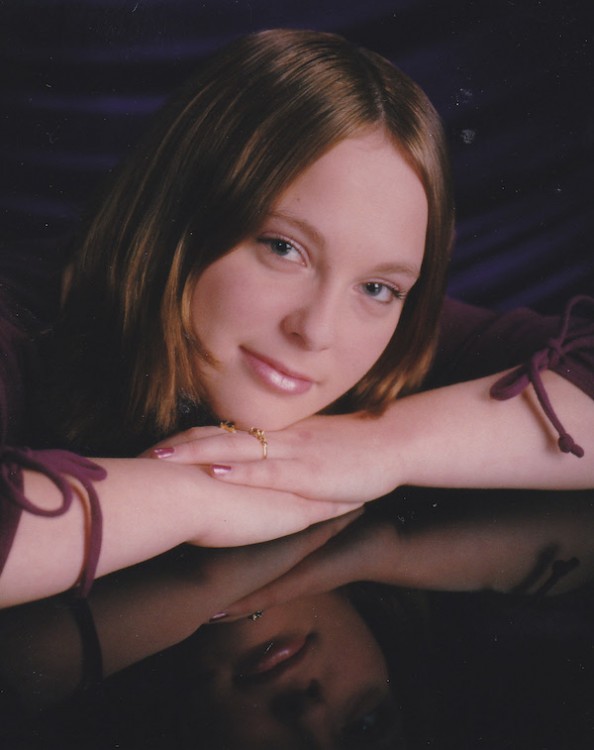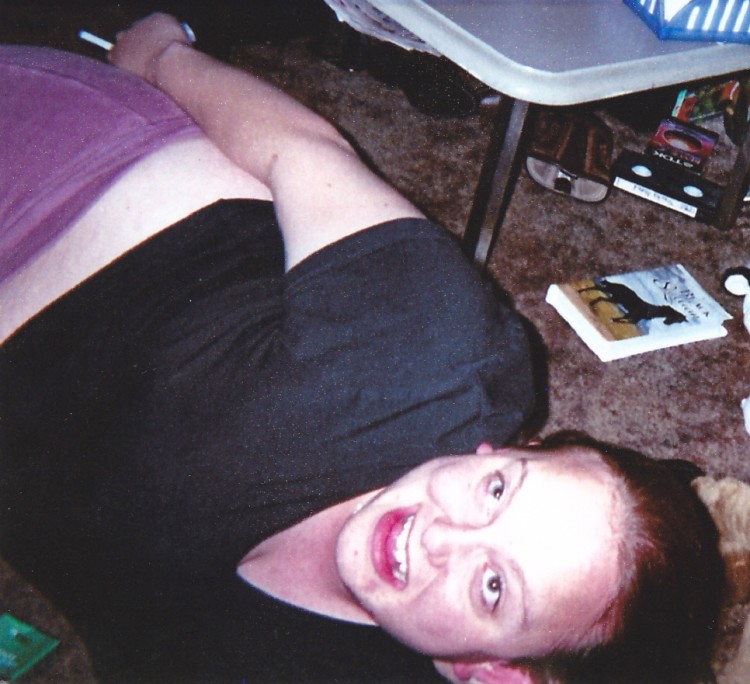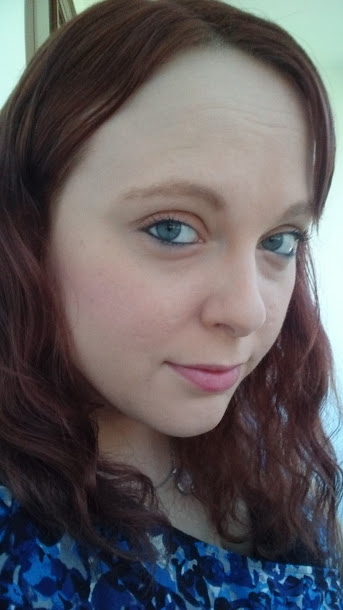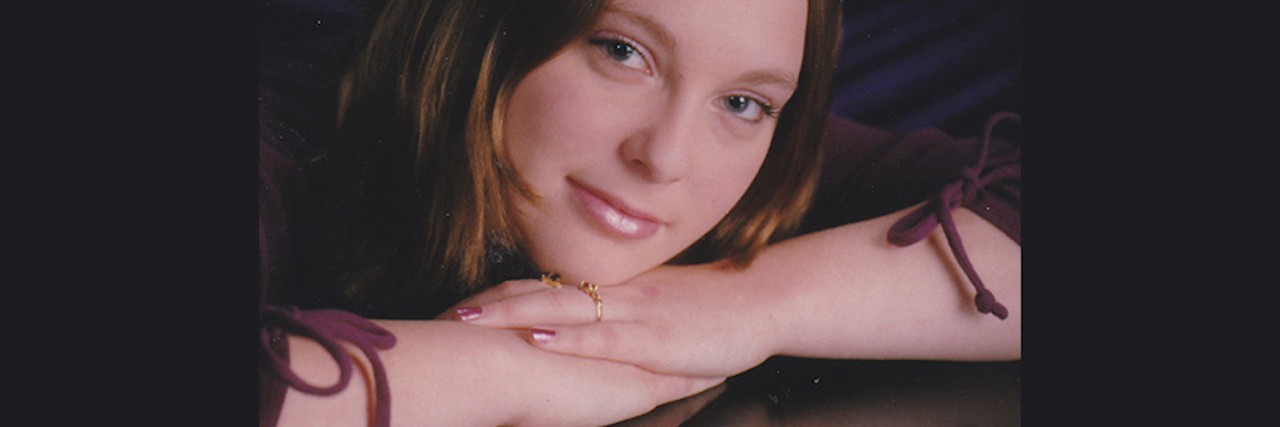To the Writer Who Said Her Former Friend's Death Was a Blessing
When I read your article “My Former Friend’s Death Was a Blessing,” I took it quite personally. I am also diagnosed with schizoaffective disorder, like your “former friend” whose death you call a blessing.
So when you judged her condition and life based on perusing her Facebook account after years without contact with her, I found that extremely unfair. Then, when you heard of her untimely death and decided it was a blessing, that this young woman couldn’t have possibly had anything else to look forward to besides being “institutionalized or a major burden on her family,” I was disgusted. I don’t know what your intended goal was with this article, but for this reader, it was like a knife to the gut. I identified and sympathized strongly with your “friend,” so when you said things like, “This girl had nothing to live for,” and “She might have drowned, but schizoaffective disorder was the hand that kept her head below water,” and “It sounds horrible to say, but her death wasn’t a tragedy, her life was” — these things hurt me personally. These words will stay with me a long time.

Living with schizoaffective disorder is incredibly difficult. When you demean and trivialize this woman’s life (and death) with schizoaffective disorder, it trivializes and demeans my own life. It felt like you had personally wished me dead, called me a burden to my family and friends, and implied none of my efforts to battle this illness matter, because schizoaffective disorder would inevitably, whether literally or figuratively, kill me — and that you would celebrate rather than mourn when it did. The generic paragraph toward the end of your article claiming you did not feel this way about all people with mental illness did not quell this feeling. My personal identification with your “friend” and my feelings about your statements regarding her were much stronger.
Schizoaffective disorder has caused me to be severely ill in my life. I have hallucinated monsters and heard voices. I have been delusional. I have been so paranoid, going to a store was a harrowing experience. I have felt terror so strong it’s difficult to describe. Some of these things are even recent/current. I have suffered.

In 2005, I was psychiatrically hospitalized nine times in one year. There was discussion of committing me to a state psychiatric facility for longer-term care. At one of my lowest moments, I sobbed as my mother helped me bathe at 19 years old because I was physically unable to do it myself.
But let me tell you something: having schizoaffective disorder doesn’t mean death is preferable to my “tragic life.” Not even when I was at my most severely ill. Not even when I was so sick that I felt like I wanted to die. I’m glad I didn’t.

Now, over a decade after my first psychotic episode, years of intensive treatment and hard work, my life is better. I still have struggles. I still have a very serious mental illness. In fact, I was hospitalized just two months ago for an episode of psychosis. But I’ve had a full-time job I’m proud of as a medical transcriptionist for nearly seven years. I’m a college student. I have fulfilling relationships with family and friends, and big dreams. I’m managing my illness and I have a life I can be proud of. If I had given up, or died, when I was so sick at 19, I wouldn’t have all I do now.
The thing is, though, the fact that I’m managing and doing reasonably well isn’t why my life has value. My life had value when I was desperately ill, too. And even if I had never improved, even if I had needed care at a state hospital, I know for a fact that the people who love me would have never preferred my death over that life. And neither would I. Every life has value, even a life lived in illness. And no one is beyond help.
If you or someone you know needs help, see our suicide prevention resources.
If you need support right now, call the Suicide Prevention Lifeline at 1-800-273-8255.
The Mighty is asking the following: Write a letter to anyone you wish had a better understanding of your experience with disability, disease or mental illness. Check out our Submit a Story page for more about our submission guidelines.
Related: In Response to Anyone Who Thinks Someone With a Mental Illness Is Beyond Help

